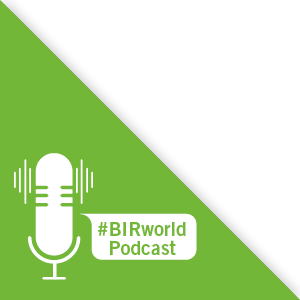The German economy has been hit by the global slowdown and one can recognise that dependency on exports is dangerous in such an uncertain market. On top of that, tighter global financial conditions are reported by the fiscal authorities.
Transferring these macroeconomic facts to our own industry, we can see similarities. The slowdown is mainly due to the automotive industry, with Germany’s main car producers reporting sales problems worldwide. Based on this, the last six months have brought a continuously falling market for 226 ingot prices and parallel scrap quotes too.
Since July, however, the dark clouds have gradually started to lift and smelters have been talking about a small bounce-back in their sales prices. Combined with a slow supply of aluminium scrap, prices of secondary scrap stabilised and, partly depending on the individual grade, prospects started to look brighter than before.
The impact of tighter financial conditions is also recognisable within our recycling industry. The destination for the scrap and the sales of small to medium-sized suppliers have been prioritised around the responses to the following questions: How secure is the buyer? How rapid is the payment? How quickly can the scrap be delivered? And, last but not least, what is the price? In boom periods, the price question was always leading the game.
Owing to the summer season, there has been a general slowdown in scrap supply. For copper, the acquisition of Metallo by the Aurubis group and import licences in China are the main topics for debate, with discussions focusing for example on how much scrap and what copper qualities Germany will export to China. Lower treatment charges for copper smelters are putting market participants under pressure. Depending on availability, cathodes are still trading at the same premiums as throughout 2019 to date.
The beauty of our recycling business lies in the variety of the different metals. When the market for one or more metals is slowing, the opposite happens with another metal and helps to compensate in part for those weaker markets. On this occasion, the climb in LME nickel values has meant a big upward step in prices for the 304 and 316 grades in a stainless steel market that is running well.
Murat Bayram
European Metal Recycling Limited (GBR), Board Member of the BIR Non-Ferrous Metals Division
Country
 Germany
Germany
